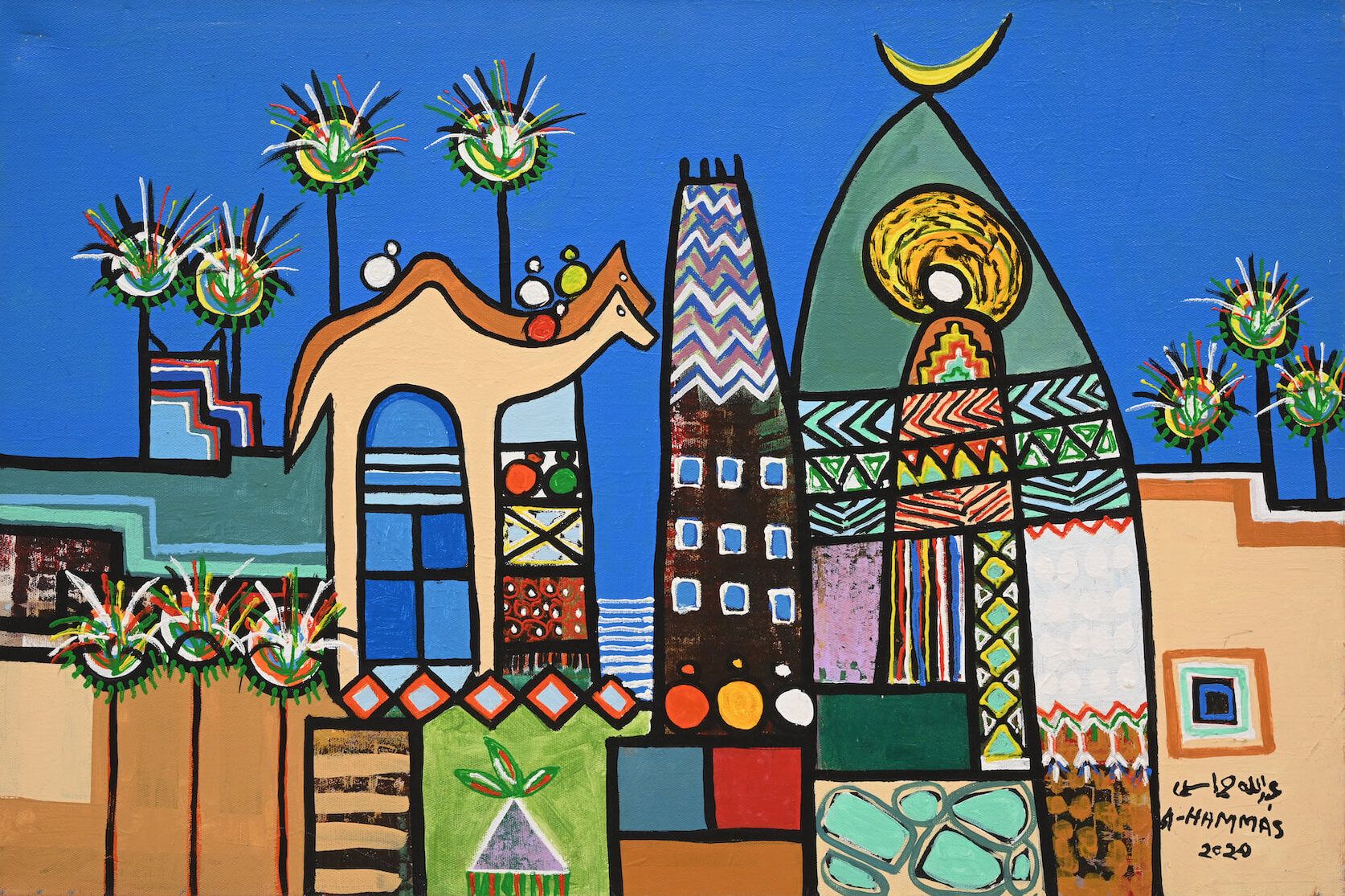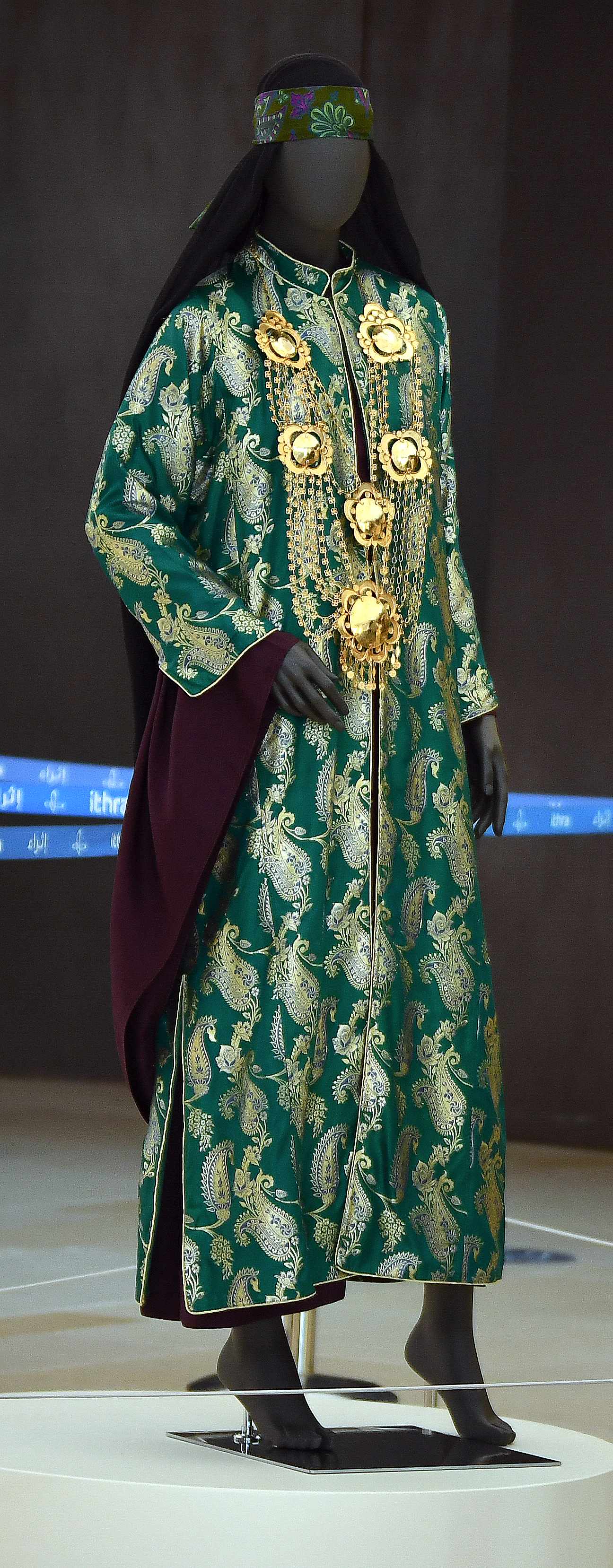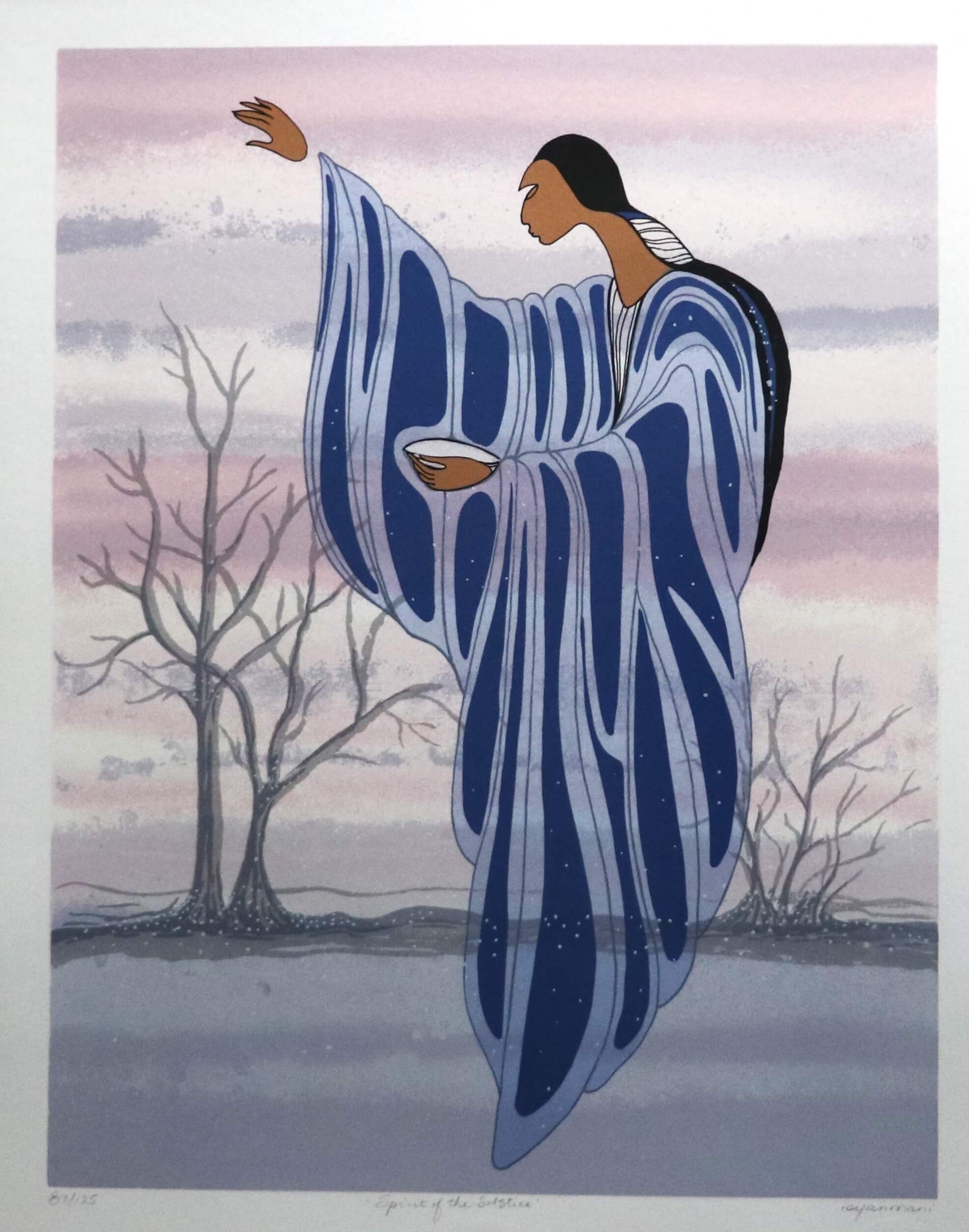Art With No Frontiers
Music, Literature, Dance and Fashion: The Arab and Ottoman recognition of the need for sweeping social, political and economic reform led to significant developments in creative fields.
Museum With No Frontiers (MWNF) is not only the first but is one of the only truly online museums and online exhibition programs using virtual reality to enable partners and curators from different countries, different cultures, and different economic backgrounds to realize joint projects together. MWNF continues to create virtual museums and exhibitions that provide access to art and cultural heritage from around the world. This allows visitors to explore rich histories dating back to ancient civilizations from the comfort of their homes and discover first-hand the splendor of Islamic Art in the Mediterranean.
The platform features three components: Discover Islamic Art, Discover Baroque Art, and Sharing History, with 36 exhibitions in total available for the public. These museums include more than 5,000 artifacts collected from a wide range of well-known museums, allowing visitors to discover the hidden treasures of history with only a couple of clicks.
The MWNF online Museum was launched in 2005, with the European Union cofounded project ‘Discover Islamic Art’. The first nucleus of the database consisted of 850 objects and 385 monuments from 14 countries, with descriptions in Arabic, English, French, and Spanish. A cycle of 18 online exhibitions followed in 2007 with launching events in all participating countries.
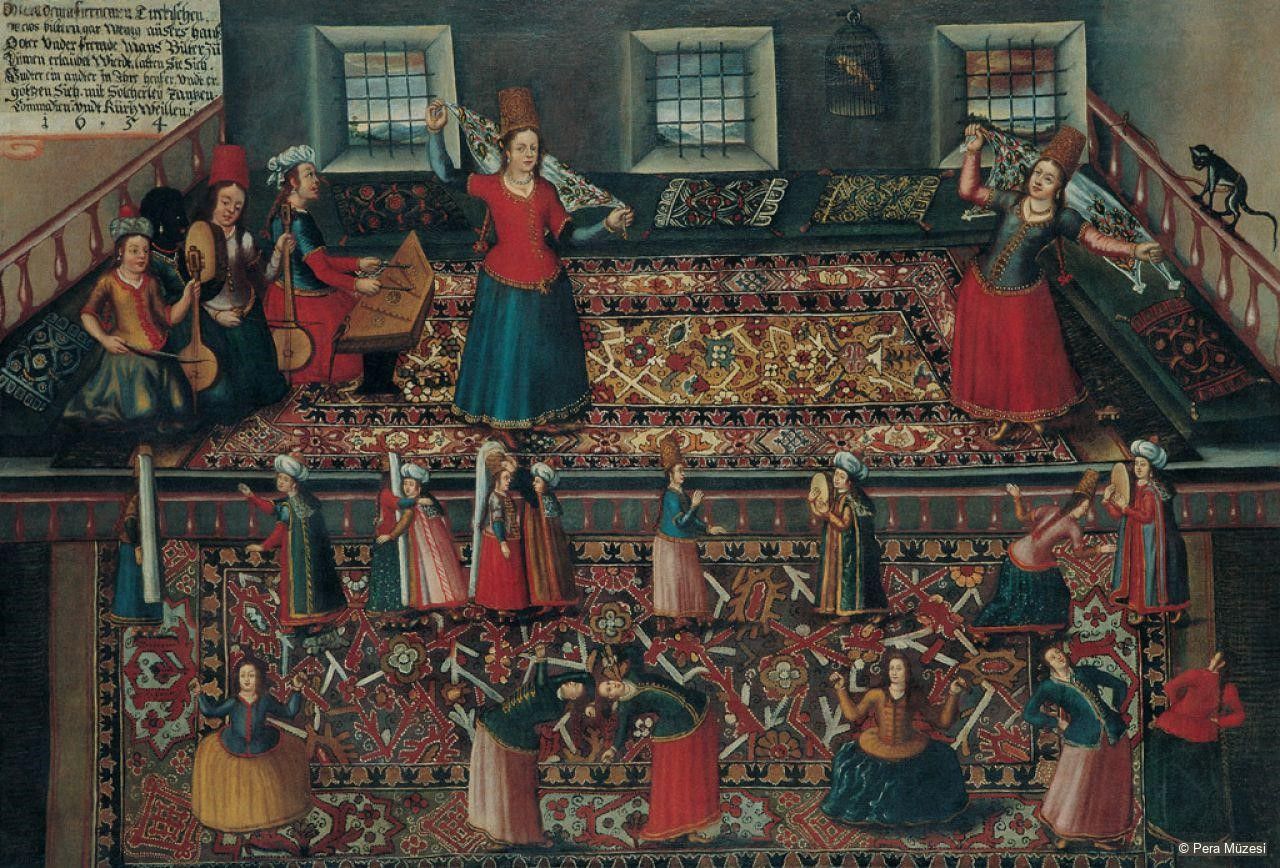
A Scene from the Turkish Harem, Second half of the 17th century, Pera Museum, Istanbul, Turkey, Franz Hermann, Hans Gemminger, Oil on canvas.
At the time of launching, the Euro-Mediterranean Partnership was a political priority. The Egyptian representative in the Euro-Med Committee, Ambassador Fathy El Shazly, summarized as follows: “We see the visionary approach of MWNF and its innovative methodology as a concrete possibility to turn the political purposes of the partnership into a tangible reality.”
Almost 20 years later, the MWNF platform has increased tenfold and is still the only multinational online museum and online exhibition program.
There are now at least 37 MWNF galleries with fully searchable databases, and visitors can explore monuments by country, theme and so on. The museum’s partners also record video presentations of selected artifacts, providing valuable educational resources for use in schools.
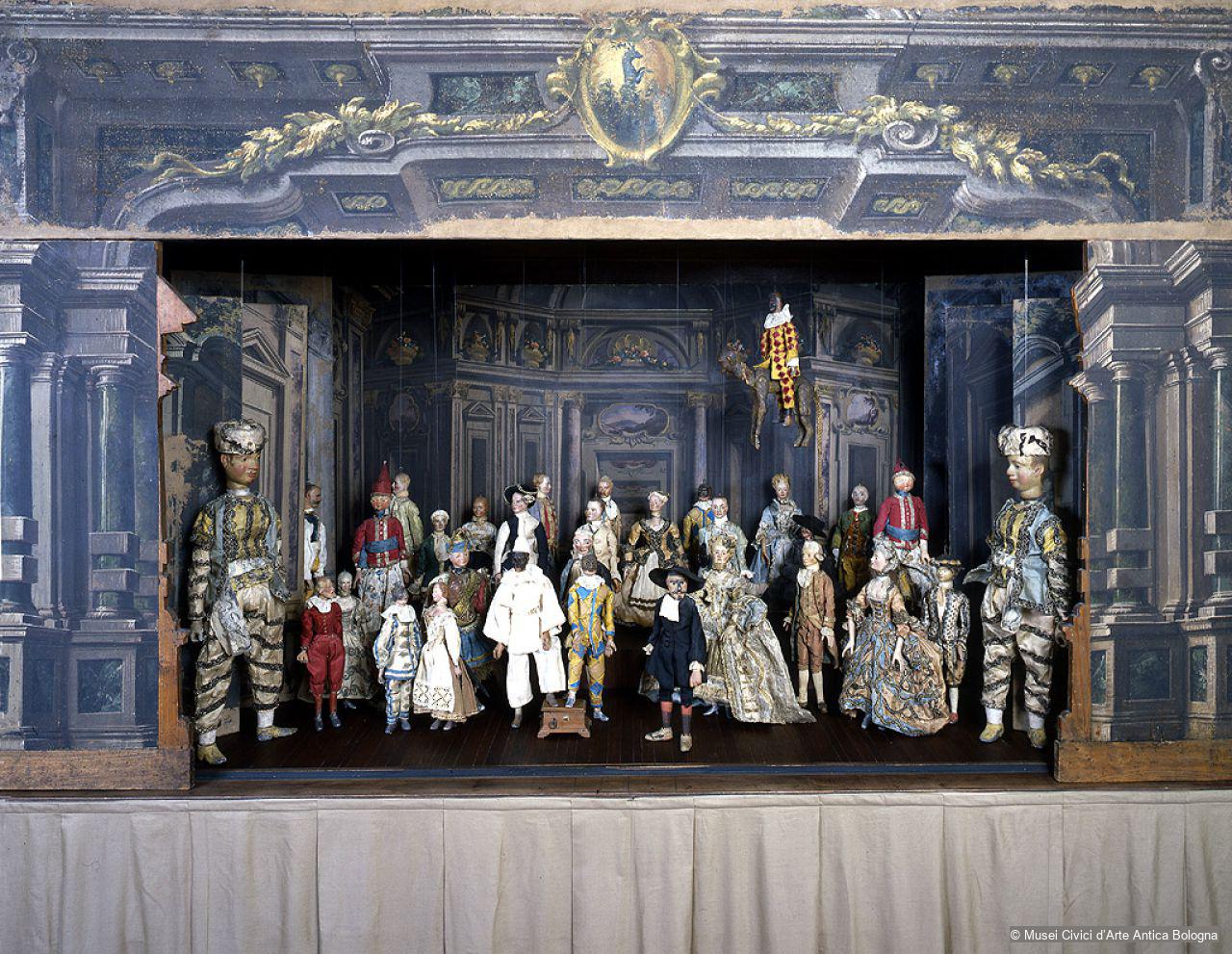
Museum With No Frontiers (MWNF), Discover Baroque Art.
In this interview with the founder and the chairperson of MWNF, Eva Schubert, we learn about the process of preserving art, history, and culture through a collaborative effort and the importance of representing art from the native’s perspective.
I started MWNF in 1993, and the organization was then founded in 1994. I was always convinced about the potential of art and culture to facilitate mutual understanding and, as a consequence, cooperation in all fields: social, economic, and political. And I deeply believe in multilateralism as the most efficient form of international cooperation, also in the field of culture. But multilateral cooperation works only if it is based on very clear rules that have to be respected by all concerned. My priority was the development of rules that later became the MWNF methodology, enabling all partners to present their understanding of art and history from the country’s local perspectives. There are no internationally renowned ‘experts’ in the field, but each country appointed its own local experts. In particular, when we started, this was almost unimaginable: Egyptian scholars presenting Egypt’s Mamluk history and heritage; Syrian scholars presenting the country’s Ayyubid heritage and history; Palestinians presenting the holy places in Jerusalem; the Westbank and the Gaza Strip; or Algeria working on the heritage and history of the Central Maghreb. At that time, many of today’s existing museums of Islamic art did not exist, and the work carried out by MWNF, with a strong focus on Islam, was also pioneering in this field.
But the problem of a better local understanding of history also concerns other fields and was of great importance also in our second online museum, focusing on Baroque Art, where partners from Croatia, Hungary or the Czech Republic – all countries that in the past were part of the Austrian Hungarian Monarchy – did illustrate their local priorities and interpretations.
From this, we initiated the international online exhibition cycle ‘Sharing History’, where 22 partners collaborated together (and for the very first time) on a shared interpretation of Ottoman–Arab–European history in the 19th century. After ‘Discover Islamic Art’, which is today the largest online resource dedicated to the topic, ‘Sharing History’ became a second flagship project that is used as a reference all around the world.
How could I not continue? I love what I do. We have a wonderful team, including many volunteers from all around the world, and a fantastic and very committed network of partners. In fact, all our partners continue being actively involved and continue contributing to MWNF projects.
Initiatives like MWNF are important for the preservation of cultures, art and stories, and for inspiring cross-cultural conversations. To find out more about their work, click here.
